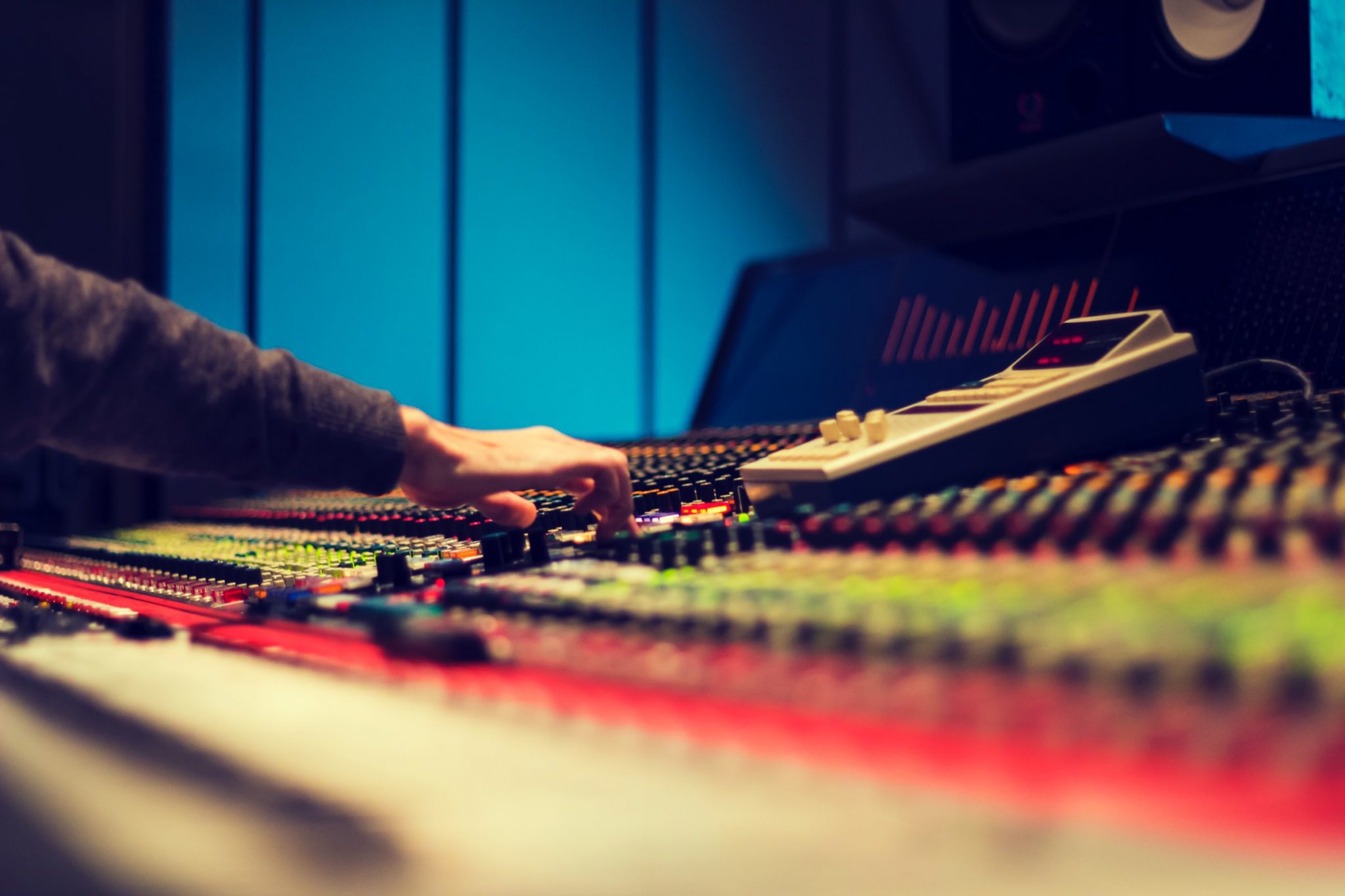Working in the music industry, a common occurrence for me is that an artist comes in and says, “I got 50,000 plays on Spotify,” or “I got all these streams on Apple Music.” And I’ll say, “Great, so are you making money?” And they’ll say, “I don’t know, am I?” The answer is yes, they’re making money. But without properly knowing their revenue streams and knowing where the money comes from and where it’s going, they have no way to collect it.
Part of your practical music education involves making sure that your song has direction when it comes to the revenue that’s coming in. When you think about revenue streams in the music industry, think about where the money is earned. There’s an entity that collects that money for you and delivers it to you, or to a publisher, or to a label on your behalf. I call it the “armored car model.”
Who is that delivery system that’s collecting money from your song and delivering it to you? In the case of a traditional record deal, where an artist is signed to a label, the label collects the money from record sales for you and delivers it to you per your royalty agreement. That deal is the same for labels of all sizes, whether it be an independent label or a major one like Warner Brothers.
When a song or an album is duplicated, multiple copies are made to be sold. There’s a fee that’s generated called a mechanical royalty. That is the money that a record company must pay to duplicate, which dates back to the old publishing days when song sheets were duplicated. That’s how songwriters made their money, and it’s very similar today.
There’s a company called the Harry Fox Agency that collects those mechanical royalties, and they’re the armored car in the model mentioned above. And after they collect those mechanical royalties, they deliver them to a publisher, or if you’re self-published, to you directly. And currently, that rate is 9.1 cents per song. So, for example, if you have a platinum-selling album with 10 songs on it, you have 9.1 cents, times 10 songs, times a million dollars. That’s a nice chunk of change.
One of the other ways that songs generate money is through performance. When a song is on the radio — the traditional terrestrial radio we call a radio station — that song generates a royalty. That’s called a performance royalty. The armored car that collects that money is a PRO, or performance rights organization, like SESAC, BMI, or ASCAP. They collect that money, and they deliver it to your publisher, or if you’re self-published, to you.
The royalty rate does fluctuate, and it’s fractions of pennies. However, it does add up, especially with something like a big pop song on Top 40 radio that usually crosses over to other formats. A Beyoncé song, for example, could generate a million dollars just from being played on the radio. There’s a fact to motivate you as you continue your online music education!




